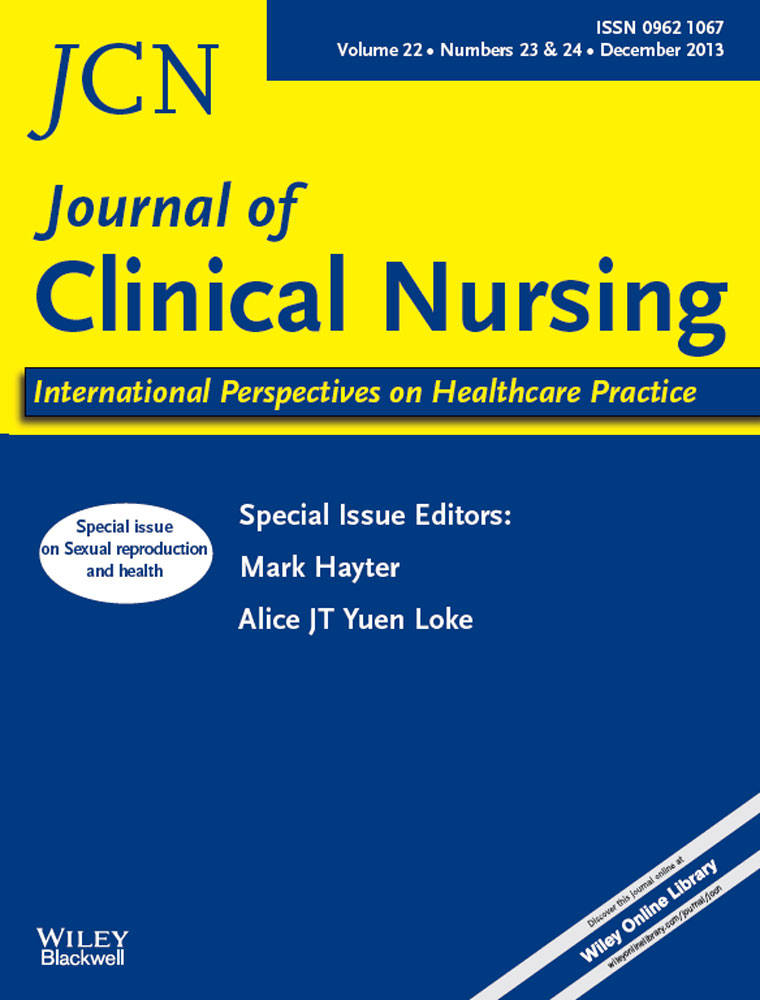Perceptions of ageing as an older gay man: a qualitative study
Abstract
Aims and objectives
To explore the ageing experiences of gay men in New Zealand over the age of 65 years.
Background
An increased acceptance by many people in Western societies towards men who are same-sex attracted is likely to result in a corresponding increase in the number of visible older gay men being the recipients of nursing care. Previous research has shown that nursing has some way to go towards providing a service that is culturally safe and appropriate.
Design
A critical gerontological approach was employed to explore the ageing experiences of gay men in New Zealand over the age of 65 years. This methodology ensured the voices of older gay men were foregrounded in the research.
Methods
Semi-structured digitally recorded individual interviews with 12 gay men aged between 65–81 years who lived in the community were undertaken. Data were analysed using thematic analysis to identify the repeated patterns across the men's talk.
Results
Three main themes relating to the ageing experiences of these men were identified: ‘homophobia’, ‘being with someone’ and ‘future care’.
Conclusions
Resilience was a significant factor in how well older gay men aged even in an environment where homophobia and heterosexism were common. Having a strong social support network was an important factor that contributed to supporting the ageing process. These gay men were wary about having to go into residential care, preferring to age in their own homes.
Relevance to clinical practice
Nurses and other healthcare professionals need to ensure healthcare services meet the needs of older gay men. Any interaction with older gay men should occur in a way that is open and respectful. The usage of best practice guidelines will assist organisations to deliver culturally safe and appropriate care to this group.




